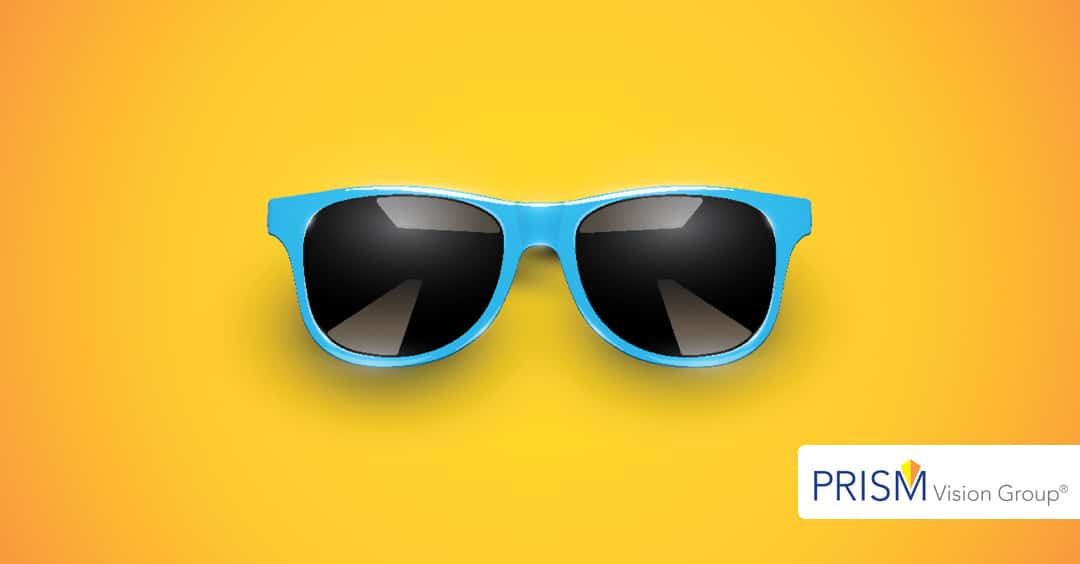Sunglass Choice Helps Prevent Eye Damage
Did you know that too much sun on unprotected eyes increases the risk of eye disease? The good news is that prevention is simple: Wear sunglasses that block 99 to 100 percent of UVA and UVB radiation. But there are a lot of common myths about sunglasses and eye health. Here is some information to help debunk the myths and provide tips to promote smart eye health choices.
Myth #1: Sunglasses are Only for Sunny Days
False. UV light gets through clouds and haze. Regardless of the season, sun exposure can increase the risk of developing cataracts, growths on the eye and cancer. Sun reflecting off ice and snow can also lead to photokeratitis, a painful eye condition sometimes referred to as snow blindness.
Myth #2: Babies and Children Don’t Need to Wear Sunglasses
False. Children are just as susceptible to the sun’s harmful rays as adults. Start them on healthy habits early.
Myth #3: Cheap Sunglasses Don’t Offer Protection
False. Sunglasses don’t have to cost a lot of money to provide adequate eye protection. Less expensive pairs marked as 100 percent UV-blocking can be just as effective as more expensive options. Labels can sometimes be confusing. Some indicate sunglasses offer 100 percent protection from UVA/UVB radiation, others offer 100 percent UV 400 protection. Both block 100 percent of the sun’s harmful radiation.
Myth #4: Size Doesn’t Matter
False. The more coverage sunglasses provide, the less sun damage inflicted on the eyes. Consider oversized sunglasses or wraparound-style glasses, which can help cut down on UV light entering the eye from the side. Wraparound glasses may also protect against dry eye due to the wind.
Myth #5: Polarized Lenses Offer More Sun Protection
False. Polarized lenses do not block more radiation; however, they can cut down on glare reflecting off cars, water or pavement, which can make activities such as driving or boating more enjoyable.
Myth #6: Darker Lenses Offer More Sun Protection
False. The darkness of the lens isn’t indicative of protection. Make sure the label on the lens says 100% UV-blocking.
Myth #7: Tinted lenses offer more Sun Protection
False. Amber, green and grey lenses do not block more of the sun’s harmful rays. However, tinted lenses do offer increased contrast for those who play sports, making a softball or a golf ball easier to see.
Your eyes need protection from the sun’s damaging ultraviolet rays just like your skin. Sunglasses are your prescription for eye health. They are effective, inexpensive, and provide protection year-round. Schedule an appointment to select and be fit with fashionable sunglasses to look good and protect your eyes! Call Eye Associates & SurgiCenter-856-691-8188, visit Eye Associates & SurgiCenter or Facebook
Eye Associates & SurgiCenter is a comprehensive eye care practice staffed by NJ ophthalmologist & optometrist eye doctors and eye specialists located in Vineland-Blackwood-Cherry Hill-Hammonton-NJ-an affiliate of Prism Vision Group.






